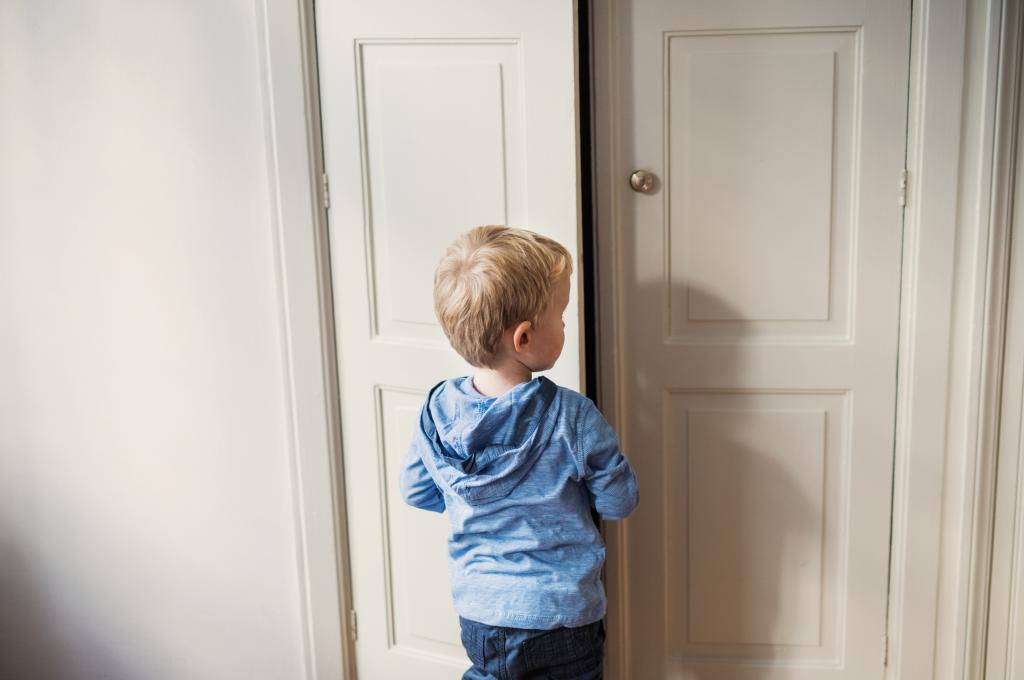
It may be surprising one of the areas within which I have advice sought and where disputes and difficulty arises between parents, is what belongings and/or possessions need to be provided at handovers for provision of contact and upon return of child to a primary carer at conclusion of contact.
I have had complaints raised from both sides, with parents having contact complaining that the child was not provided with the resources and articles of clothing etc that they require for the weekend and on the contrary, parents who provide the same complaining that those items that they do provide are not returned and are used as a means of control in terms of when they are returned or with child. Similarly complaints have arisen where gifts purchased for a child (birthdays, Christmas etc) it is contended are only allowed to be kept within one household and the child is not permitted to transfer them from one house to the other.
A common sense approach
There are no definitive answers to the issues which arise in this regard and frequently I try to advise that a common sense approach is taken, hopefully by both parents.
There are differences in terms of the advice that I might provide, dependent upon (a) the age of the child; (b) the frequency and duration of the contact that takes place; and (c) the factual issues which arise in terms of the complaints which are being made by the parent who seeks my advice.
The age of the child I believe does make a significant difference as a younger child of course is very much more dependent upon the parent to ensure that they have everything that they need and are provided with all of the articles and resources which they require. But as children grow older they become more able to identify what they themselves require, to take some personal responsibility for ensuring that they have what they need and being able to articulate that to their parents.
In general terms, I also take the view that the more substantive the contact to a parent is, the less reliance they should have on the other parent to provide items and clothing etc for that child during their period of time in their care.
In those circumstances I would suggest that parent utilising their parental responsibility should take responsibility for ensuring that within their home they have at least more general items which a child might require whilst visiting and staying for example appropriate washing equipment, toothbrush, toothpaste, underwear and a selection of clothing which are kept at that parent’s home for use when the child is visiting.
This would limit the situation where children are required prior to attending for contact to pack a suitcase and take it with them to school where it is stored and then has to be recovered for transportation to the other parent’s home.
Reducing tension between parents
This would reduce tensions between parents in terms of who has provided clothing etc for the child but then has not had the same returned to them, thereby placing them at additional cost to constantly replace the items.
With younger children, if both parents commit to providing, for example their own, buggies and child seats, it can reduce tensions at handovers and returns, for example, in having to transfer a child seat from one car to another.
Of course, for younger children who have a particular toy and/or comfort item, should be allowed to travel with the child from one household to the other as it is in the child’s best interests to be able to do so. However both parents need to commit to understanding the importance of that item and ensuring that it travels between the two households and is not held or withheld within one rather than the other. If a parent with primary care allows this item to travel with the child, it is equally incumbent and therefore important that the parent who is having contact ensures that it is returned with the child and takes responsibility for its so doing.
Gifts | Birthdays and christmas
Where birthday and Christmas gifts are purchased, in general terms I invite parents to take a view that that item then belongs to that child and it is up to the child’s to decided to have that item in whichever household they so desire. This may include transferring it from one household to the other on each and every occasion or it may be that a child would find that they have more use and benefit from a specific gift in one household than the other and they should feel free and able to transfer that item from one household to the other.
Tensions can be reduced when both parents ultimately are able to trust the other to take the necessary steps and actions in relation to the children’s possessions or clothing.
School uniform
For example if a parent is exercising contact on an alternate weekend basis with collection of the child from school and returned to school on a Monday, it would not be unreasonable to assume that that parent would undertake the same actions as the other would to ensure that the child’s school uniform is properly cleaned and available to the child to return to school on the Monday. Rather than there being an assumption that this uniform will be returned dirty for the other parent to have to deal with the cleaning. The same would apply to other items of clothing which may be provided by the primary carer parent for the child’s use over the weekend with an expectation that the parent who is having the contact will give due care and attention to those items and as far as possible return the child with clean clothing rather than again assuming this would fall as part of the responsibility of the primary care parent.
Summary
Whilst much of the above may seem to be common sense, it is surprising to me how often these issues form areas of dispute and parents become entrenched in their views around these matters.
The more entrenched parents become in this regard, the more I would suggest and propose that each parent should take primary responsibility for ensuring they each have what the child needs for their use whilst in their care without the need for reliance upon and support from the other parent to provide the same.
This article is part of a series on Private Family Law and Children Law proceedings. If you would like to learn more about the rules around parental responsibility, contact, holidays and arrangements for separated parents, please click here for the full series.
The next article in this series of private family law will address grandparents.
If you would like to discuss the different types of legal proceedings relating to children, please get in touch and we’d be happy to assist you.
